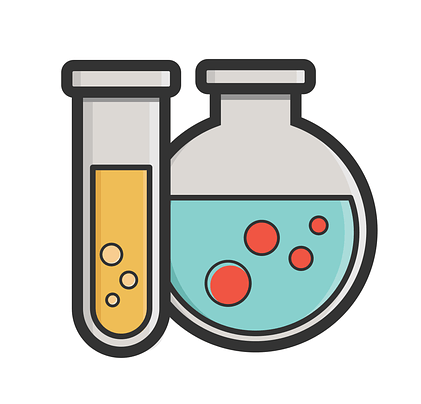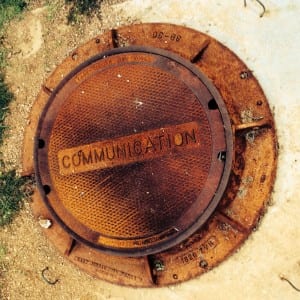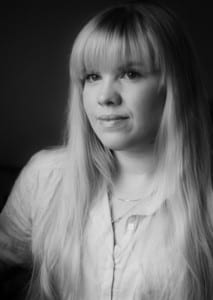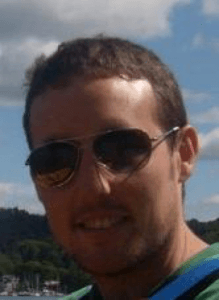Science Communication and Science Policy Forum
By uczjsdd, on 16 March 2018
 Did you come to our Careers in Science Communication and Science Policy forum earlier this month? No? Well fret not! You haven’t missed out because we’ve summarised the key points below.
Did you come to our Careers in Science Communication and Science Policy forum earlier this month? No? Well fret not! You haven’t missed out because we’ve summarised the key points below.
Who were the speakers?
David Robson, a freelance writer and editor, previously at New Scientist and BBC Future, currently writing his first book THE INTELLIGENCE TRAP: Why Smart People Make Stupid Mistakes, and How to Avoid Them, which will be published in Spring 2019.
Iain Dodgeon, Strategic Ventures Manager in the Wellcome Trust’s Public Engagement team, where he’s helped develop science-related entertainment in the form of games, TV, and films. Iain is a former medical doctor.
Rose Gray, Senior Policy Advisor at Cancer Research UK. Rose is a UCL Chemistry alumnus, who built up a range of science communications experiences while studying, including working with Guerrilla Science.
Sam Dick, a Science Information and Policy Officer at The Institute of Cancer Research, who completed his PhD in Structural Biology at UCL before moving into policy work via voluntary and internship roles at The National AIDS Trust and the Humsafar Trust in India.
Aalia Kazi, an Account Manager at Incisive Health, a healthcare communications agency that focuses on policy and policy makers. Aalia is a UCL MSc Cardiovascular Science alumnus, who first joined Incisive Health as an intern after volunteering for Doctors of the World UK.
And Jayne Hibberd, Associate Director at Galliard Healthcare Communications, whose role focuses on global communications strategies for her clients. As Associate Director, Jayne helps shape the future direction and day-to-day business of the agency.
What do they like about working in Science Communications and Science Policy?
Everyone agreed working with bright motivated people – whether they’re other communicators, scientists whose research must be communicated, or policy makers being communicated to – was one of the best things about working in these two sometimes overlapping sectors. Jayne values the insight she gains into her pharmaceutical company agency clients driving exciting scientific developments. As a popular science writer, David especially enjoys working with art departments of magazines on displaying stories effectively.
Many felt being attached to science, which most of the panellists studied at university, was a draw, as were daily tasks of writing and crafting arguments, and the variety of scientific topics covered by both those communicating to the public and to policy makers. Iain mentioned working for an organisation like Wellcome, which is independent from government and commercial pressures, is liberating.
Aalia, Rose, and Sam agreed that knowing their policy work influences real changes that impact real people’s lives is one of the best things about their jobs. Rose gave the example of having reports she’s worked on read by the secretary of state, and seeing beneficial legislation passed in part as a result.
What are the worst bits?
The variety of topics covered can have a downside, potentially leading to overload and stress. The hours can sometimes be long, and working late occasionally means cancelling social plans. Though the hours and deadlines seemed more of an issue for those working with clients, they were also mentioned by David when he’s scheduling interviews with researchers overseas outside of working hours due to time differences. David also commented that getting negative feedback on your writing from editors can be very tough at first, so you need to develop a thick skin.
Aalia and Jayne have clients, and though they both value working with them, they acknowledged it can also be demanding, a bit like having multiple bosses. The client-focused nature of the work also means they both have to account for their time very precisely in order to bill clients, a different way of doing things to the other speakers.
For those in policy, the flip side of the rewards gained when important change is effected is that it can be frustrating when something you’re passionate about doesn’t work out, or when change is only incremental. Additionally, the work is dictated in part by political whims rather than simply by the science.
Will getting a science communication or policy qualification help you get in?
None of the speakers had one of these qualifications so clearly it’s not a prerequisite! Those in science communication mentioned that the qualification can be a great way to build networks which may be valuable, but that the science communication world is fairly small so you can build useful networks through your working life without the qualification too. Rose commented that having a policy qualification shows motivation, but in her team at CRUK relevant policy work experience is likely to be prized above a qualification. And some people undertake a policy qualification after already working in the sector for a while in order to get maximum value from the experience.
Any tips for those wanting to enter the sector?
The overwhelming advice from the panel was to do stuff. Lots of stuff. Even if you don’t know where it will lead. This reflected the speakers’ career paths. Whether it was Iain leading a comedy group and securing funding for a film-making course while at university, Rose working in a hospital alongside her study and learning she didn’t want to be a medic but she did want to influence change over the NHS, or Sam volunteering in policy and outreach during his PhD and realising this was the work he enjoyed the most, all of the speakers had stories of taking a punt on something they thought looked interesting without necessarily having a ‘career plan’ in mind. In retrospect their narratives make sense, fitting together nicely into a career story. But none of them knew that at the time. They simply tried stuff, learning about themselves and the working world in the process.
The panel also advised reaching out to people. Most will be happy to tell you about their experiences and offer advice, some may even be able to give you a job. Jayne in particular shared that she would be impressed by the motivation of someone who was proactive enough to contact a professional and show an interest in their work.
For aspiring journalists, David extolled the virtues of starting a writing career in a small industry publication or local newspaper as a way of creating a portfolio and getting valuable feedback on your writing. He also advised being bold and pitching story ideas to publications like New Scientist who are always looking for great feature ideas. And if a pitch gets accepted, ask to be paid.
And finally, Rose recommended visiting UCL Careers. In her words, Rose “absolutely rinsed” us when she was exploring her career options, and found our help very useful.
 Close
Close





